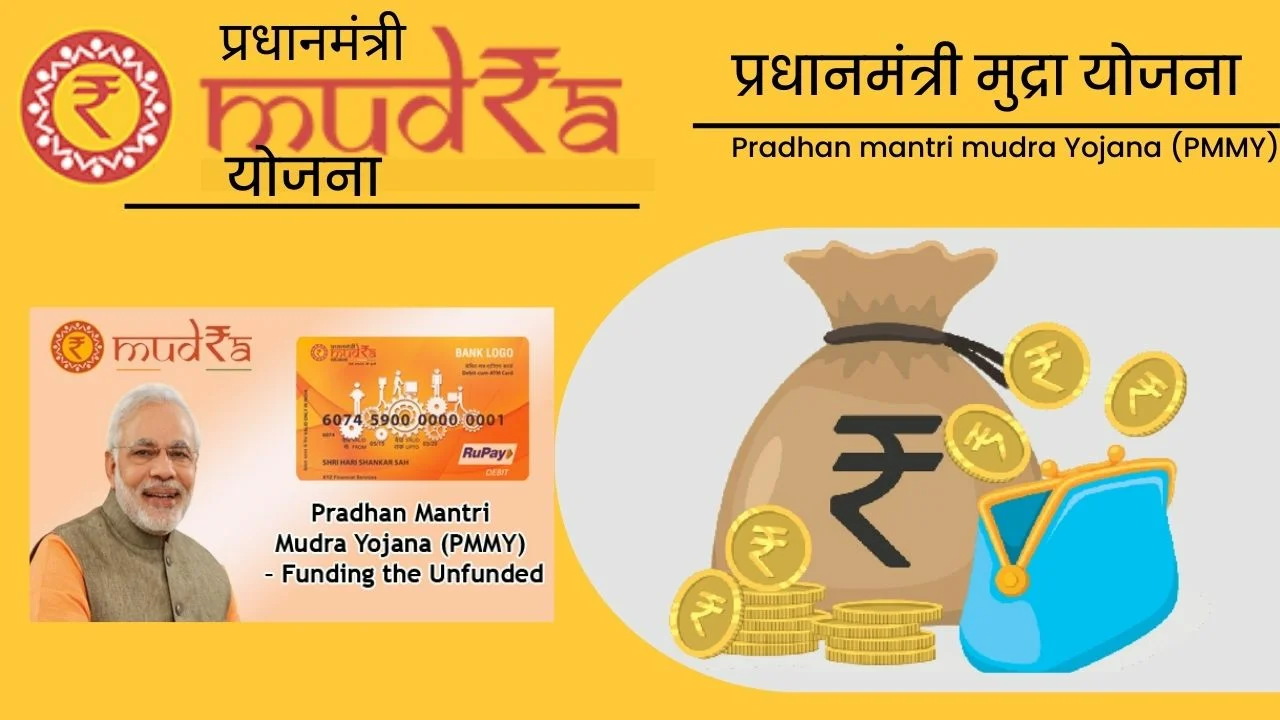Free Courses Sale ends Soon, Get It Now


Free Courses Sale ends Soon, Get It Now



Copyright infringement not intended
Picture Courtesy: www.ultranewstv.com
Context: The Union Finance and Corporate Affairs Minister emphasized that women entrepreneurs receive top priority under the Pradhan Mantri Mudra Yojana scheme, which provides financial assistance to beneficiaries, with a focus on inclusive coverage across the country.
Key Highlights
Pradhan Mantri Mudra Yojana (PMMY)

PM SVANidhi Se Samriddhi Program
Technology and Middlemen Avoidance
Loan Disbursement and Empowerment
Government-Bank Collaboration and Local Impact
Conclusion
Must Read Articles:
Pradhan Mantri Mudra Yojana: https://www.iasgyan.in/daily-current-affairs/pradhan-mantri-mudra-yojana-46
|
PRACTICE QUESTION Q. How has Pradhan Mantri Mudra Yojana (PMMY) facilitated financial inclusion for small businesses in India? What are the notable achievements and challenges encountered in its implementation? How has it contributed to the growth of entrepreneurship and employment opportunities? |
© 2024 iasgyan. All right reserved